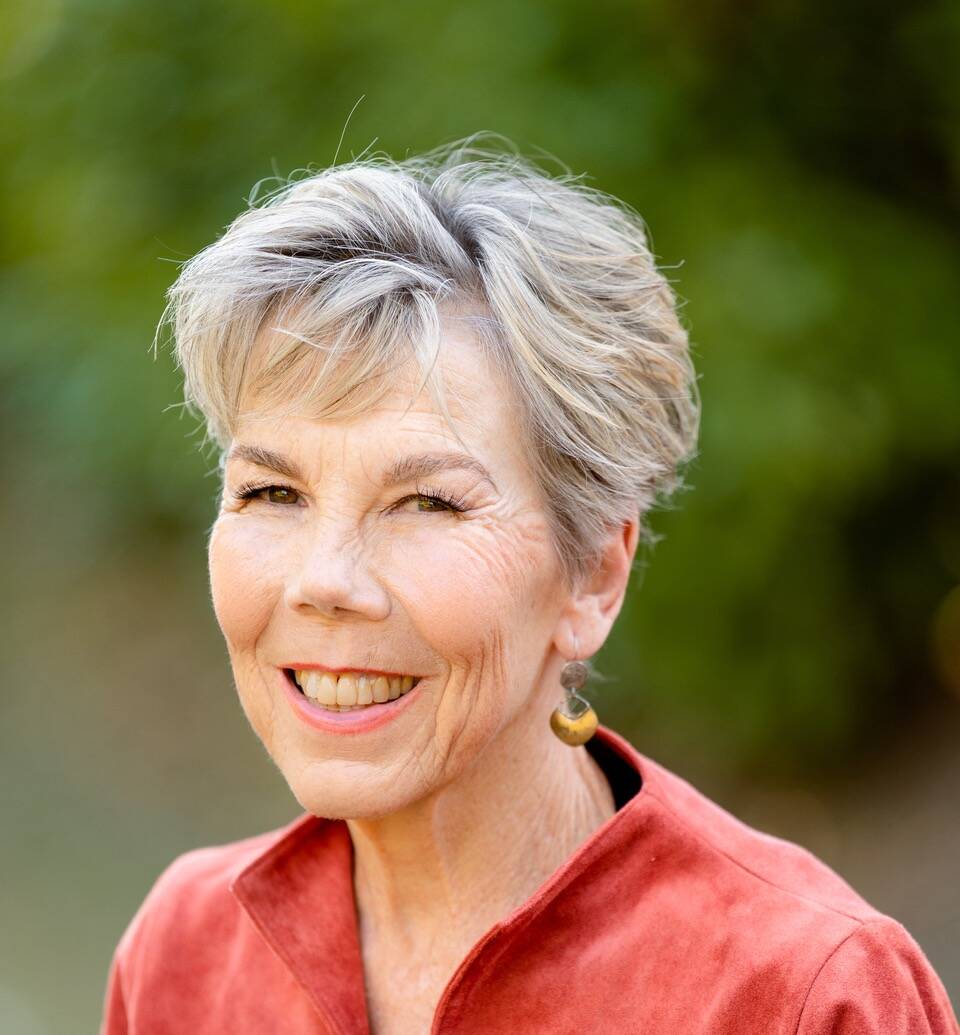I find myself teetering on the edge of overwhelm a lot these days, and I suspect I’m not alone.
It feels like watching one of those streaming series where the bad guys keep winning. I’ve had to stop watching a few because I don’t need more reminders of the damage people can do when they lose touch with their souls.
What I do need are reminders of hope and faith — proof that the light will prevail.
Each morning, I do a short meditation to calm myself, turn inward, and set the tone for my day. But one meditation isn’t always enough to get me through the onslaught of challenging news. Some days, I feel like I need a giant egg timer — or an app — that rings every hour and gently reminds me: Come back to Self. Remember what is true.
Years ago, I learned a practice from Sufi-teacher-turned-business-consultant Mark Silver. He adapted principles from his Sufi training into practical, secular forms.
One of them was Remembering — the practice of stopping five times a day to give thanks and tune into one’s higher self. This simple act helps us appreciate that there is more to life than what we see around us. It can bring us back to ourselves and, more importantly, back to goodness.
At the time, I didn’t realize that Sufis around the world practice Remembrance as a core spiritual discipline. Later, I read the following, as explained on suficommunities.org:
“The Remembrance is the foundational spiritual practice in Sufism. In its simplest form, it is the repetition of the Name of God (Allah), silently or aloud, until one is replete with what the Most Generous wants to give in that moment.
Many forms of meditation expand us upward and outward. Remembrance takes us downward and inward, returning us to our sacredness. It brings our attention to that part of our being that has never lost connection with the Divine.”
I love this practice, though I adapt it slightly with different language. I don’t want to appropriate traditions I don’t fully understand, and I recognize that not everyone resonates with words like Allah or God. But the essence of the practice is universal.
I call it anchoring — a simple pause in the day to ground ourselves in who we truly are. We can use this moment to reconnect with our deepest self, our sense of truth, our creative spirit, or the light and beauty around us. Choose a word or concept that resonates with you — whatever allows you to step out of life’s rushing stream and into a place of resilience and calm.
Taking even a minute or two to anchor can help us:
• Catch our breath
• Notice the beauty around us
• Step off the hamster wheel of obligations
• Consider what truly matters
• Turn inward toward higher truths
• Appreciate the day — the sunlight, the rain, the slug meandering through the garden
• Connect with a greater consciousness
So many forces vie for our attention, from the latest crisis in the news to an ad selling us the next must-have thing.
If I’m not vigilant, my attention gets swept away in a fast-moving current of information, and my love of life drowns — temporarily — in nonessentials. The cost? I don’t feel present in my own life. That’s where re-anchoring helps.
This practice pairs well with many others. Maybe you feel most connected to yourself while walking in nature, deep breathing, or praying. Maybe for you, anchoring happens while lifting weights at the gym. The key is simply to pause — to step out of life’s momentum, be silent, and remember what is essential.
Much of what we see in the news reflects attempts to solve problems (or create them) while remaining on the same playing field where they originated. This applies to politics, climate change, community affairs — even personal growth. We tend to stay within the limits of the thinking we already know.
But we can choose to see beyond appearances and remember who we are at a deeper level. By spending just a few minutes each day anchoring ourselves in gratitude and connection, we can expand our field of awareness.
Will this practice change the world? Maybe — if enough of us do it — it could help. It might strengthen our personal and collective will to bend toward the good.
Even if my practice is imperfect (I forget all the time!), it’s better than the alternative — losing my sense of inner agency to someone else’s agenda and forgetting to marvel at this messy, beautiful, broken world.
Sally Jean Fox, PhD is a storytelling, creativity, and transitions strategist based on Vashon and the author of Meeting the Muse After Midlife. Find more of her writing at engagingpresence.com.



